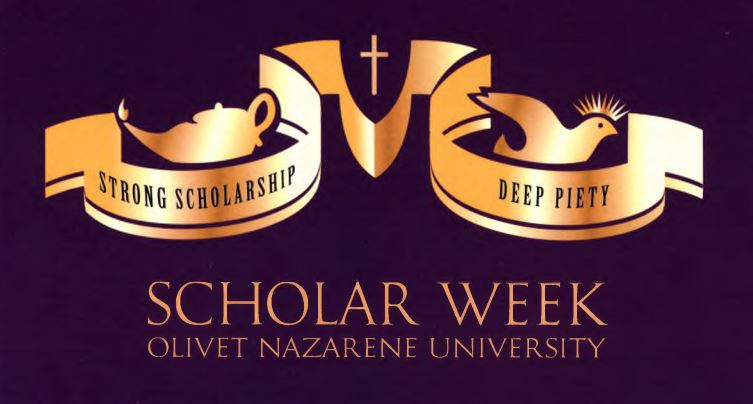Project Type
Faculty Scholarship
Scholarship Domain(s)
Scholarship of Discovery, Scholarship of Teaching and Learning
Presentation Type
Presentation
Abstract
“Perhaps a class in literary theory will not be taught in the future,” I said, to which my colleague replied, “I’ve been wanting to talk to you about that. . . .” She believed that theory came between the writer’s work and the reader, interfering with a pure reading. Although the movement to let literature “speak for itself” is growing, undergraduates should learn theory because it opens texts in a variety of ways, it makes students aware of their own cultural approach, and, according to theorist Terry Eagleton, it allows for a “democratic impulse” in the study of literature. Writers of books on theory agree that not only does the study of theory illuminate texts, but it also makes students much more open to their own thought processes. Charles E. Bressler says that “there is no such thing as an ‘innocent’ reading of a text” (xiii), and Eagleton says that “we would not know what a ‘literary work’ was” without some use of theory (x).
Still, for many professors, theory is not their first choice in approaching literature. They would prefer reading Milton to reading Fish on Milton. With a well-planned course, literature does not have to be sacrificed on the altar of theoretical criticism.
This presentation will concentrate on these elements of a good course in theory.
Permission Type

This work is licensed under a Creative Commons Attribution 4.0 License.
Included in
Reading Stanley Fish on Milton or Reading Milton: Which Do You Prefer to Do?
Fishbowl
“Perhaps a class in literary theory will not be taught in the future,” I said, to which my colleague replied, “I’ve been wanting to talk to you about that. . . .” She believed that theory came between the writer’s work and the reader, interfering with a pure reading. Although the movement to let literature “speak for itself” is growing, undergraduates should learn theory because it opens texts in a variety of ways, it makes students aware of their own cultural approach, and, according to theorist Terry Eagleton, it allows for a “democratic impulse” in the study of literature. Writers of books on theory agree that not only does the study of theory illuminate texts, but it also makes students much more open to their own thought processes. Charles E. Bressler says that “there is no such thing as an ‘innocent’ reading of a text” (xiii), and Eagleton says that “we would not know what a ‘literary work’ was” without some use of theory (x).
Still, for many professors, theory is not their first choice in approaching literature. They would prefer reading Milton to reading Fish on Milton. With a well-planned course, literature does not have to be sacrificed on the altar of theoretical criticism.
This presentation will concentrate on these elements of a good course in theory.


